
Original Names of West African Cities
BENINSENEGALTOGOGHANA
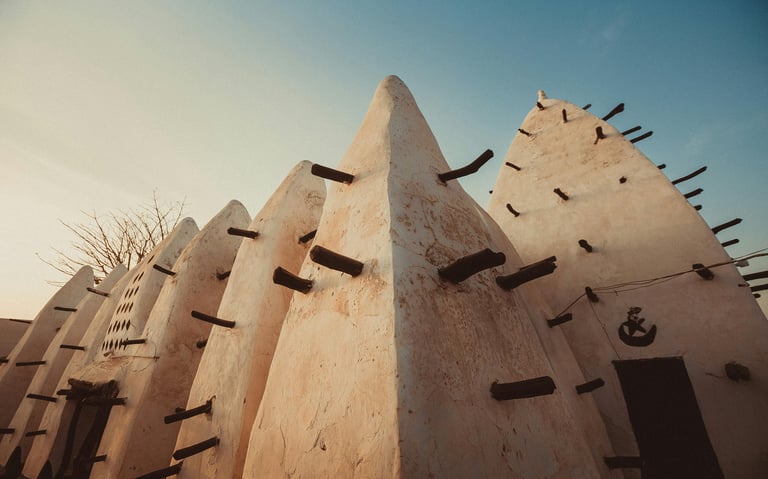

Long before European colonization and the transatlantic slave trade, West African cities flourished under names that reflected the rich cultural heritage and indigenous languages of the region. These original place names told stories of the land, its people, and their history. Due to linguistic differences between local populations and foreign colonizers, many of these authentic names either evolved through mispronunciation or were deliberately changed by colonial powers.
Larabanga Mosque, Ghana


Accra, Ghana: From "Nkran" to the Modern Capital
Independence Arch, Accra, Ghana
The capital city of Ghana carries multiple indigenous names that reveal its deep-rooted history. The local Ga-Adangbe people lovingly call it "Ga" or "Gaga," a name that celebrated the military prowess of the Gas who dominated the Accra plains.
The Akan people, meanwhile, knew the city as "Nkran" (or "Nkrã"), referencing the abundance of anthills in the area. This name also drew a parallel between the people and soldier red ants, both known for their fierce defensive capabilities and large communities.
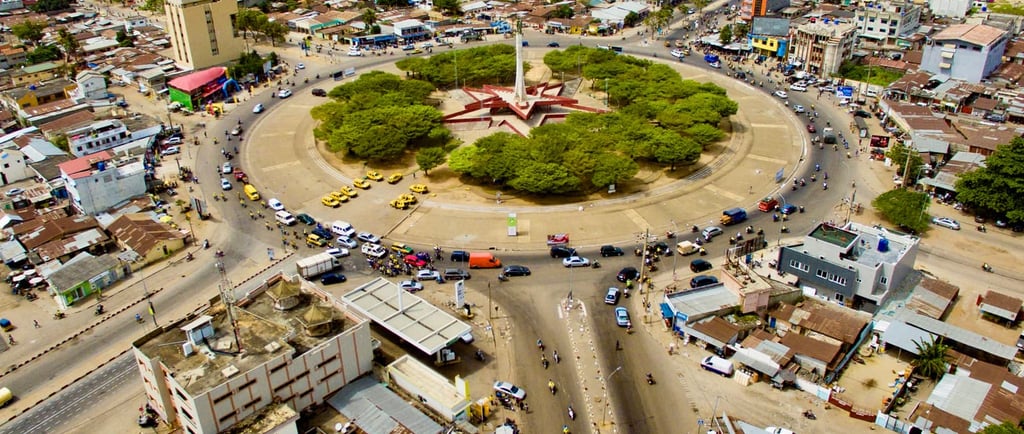

Cotonou, Benin: The Mouth of the River of Death
Cotonou, Benin
Originally spelled "Kutonou" in the native Fon language, Cotonou's name translates to "the mouth of the river of death." This evocative name likely references the dangerous waters at the mouth of the lagoon or the perils faced by early settlers navigating the coastal waterways of what is now Benin.
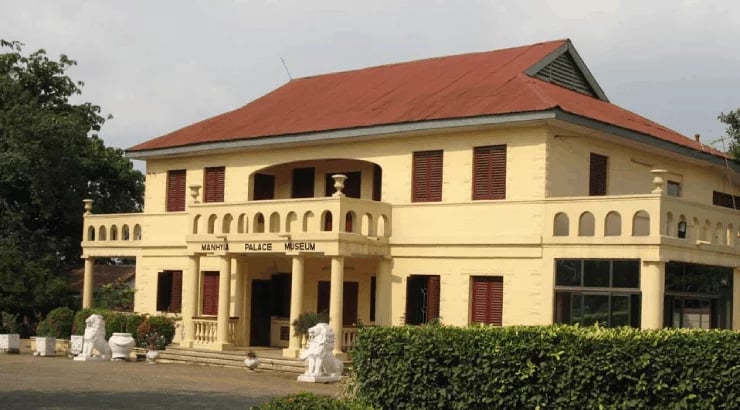

Kumasi, Ghana: Under the Sacred Kum Tree
Manhyia Palace Museum, Kumasi, Ghana
The Ashanti regional capital of Kumasi derives its name from the Twi phrase meaning "under the Kum tree." According to Ashanti oral tradition, this name commemorates the legend of Okomfo Anokye, the legendary priest who helped establish the Ashanti Empire. The city grew around this sacred tree, which became central to Ashanti identity and spirituality.
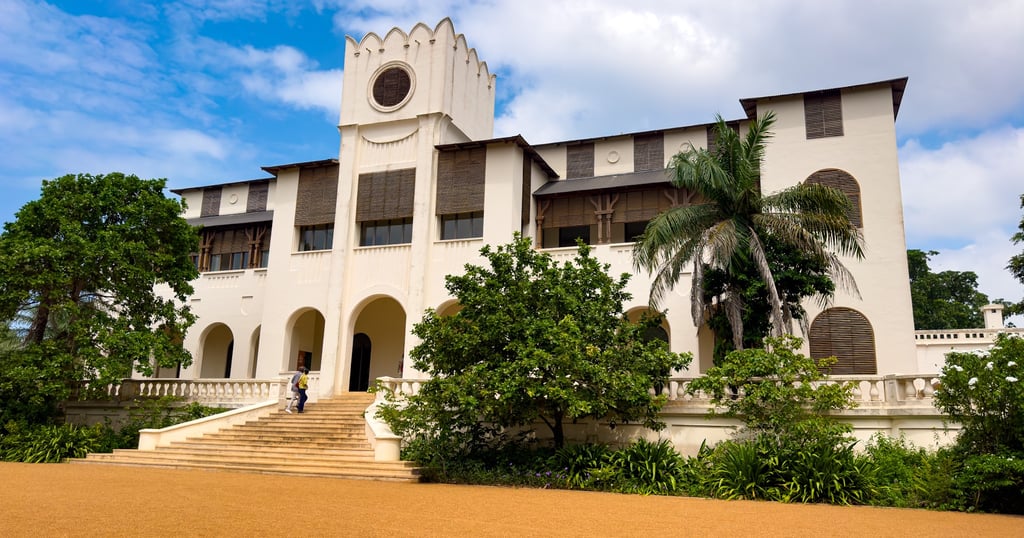

Lomé, Togo: The Evolution of Alotimé
Palais de Lomé, Lomé, Togo
The capital of Togo underwent a fascinating linguistic transformation. Originally called "Alotimé" in the Ewe language, the name means "middle of the Alo plant", referencing the local vegetation that characterized the area. Through successive generations and colonial influence, Alotimé evolved first to Alomé, then shortened to its current form, Lomé.


Dakar, Senegal: Multiple Origin Stories
African Renaissance Monument, Dakar, Senegal
Dakar's etymology presents historians with several competing theories, each offering insight into the city's pre-colonial past:
"Ndakaarou" (Wolof): Meaning "tamarind tree," this name supposedly reflected early settlers' impression of the abundant tamarind trees growing in the region.
"Deuk rew" (Wolof): Translating to "whoever settles here will be in peace," this interpretation emphasizes the area's reputation as a safe haven.
D'Accard: Some historians attribute the name to a French marine officer who lived there at the end of the 17th century, though this theory is less widely accepted among scholars of pre-colonial West African history.
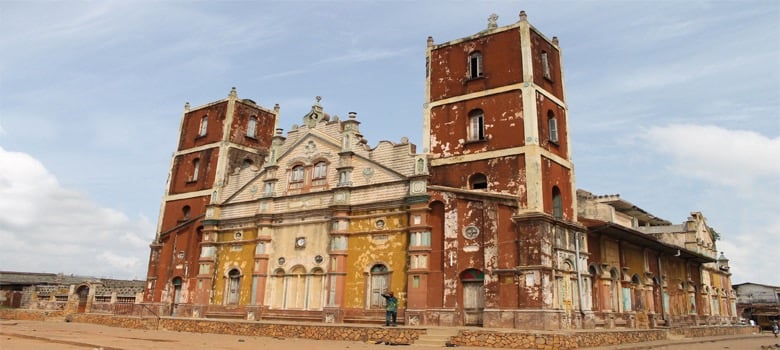

Porto Novo, Benin: Gateway to the Kingdom
Grand Mosque, Porto Novo, Benin
Before Portuguese traders arrived in the Dahomey Kingdom, this city was known by indigenous names that reflected its importance:
"Hogbonu" in the Fon language
"Ajashe" (or "Ajashé") in Yoruba
Both names translate to "the entrance of the big house" or "the gateway to the palace," signifying the city's role as an important entry point to the royal seat of power in the Dahomey Kingdom.
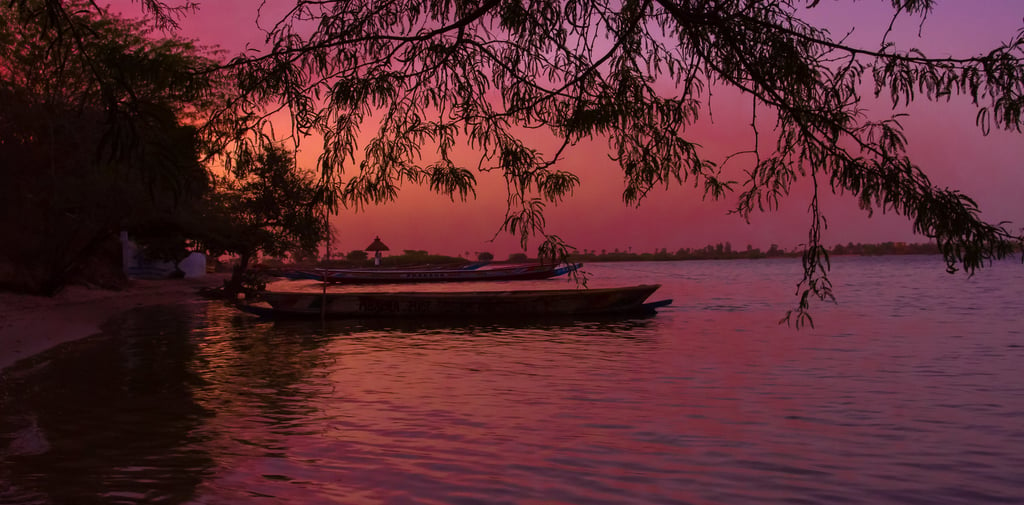

Goree Island, Senegal
The original names of West African cities represent more than simple geography; they embody centuries of cultural identity, indigenous knowledge systems, and the worldviews of pre-colonial African societies. Understanding these authentic place names helps modern audiences appreciate the sophisticated civilizations that existed long before European contact.
Today, as West African nations continue to decolonize their narratives and reclaim their heritage, many scholars, historians, and cultural activists advocate for greater recognition of these original names. They serve as linguistic bridges to a past that colonialism attempted to erase, reminding us that African cities have always possessed their own stories, told in their own words.
For travelers exploring West Africa with SLL Journeys, learning these indigenous names enriches the experience, fostering deeper connections with local communities and honoring the enduring legacy of West African civilizations.



